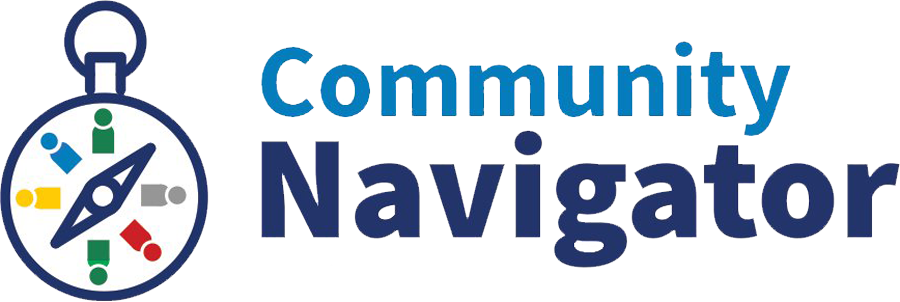What Is The Community Navigator Program?

New Hampshire’s Small Businesses

Small Businesses Drive New Hampshire’s Economy & Create Pathways to Wealth
According to the U.S. Small Business Administration:
99 percent of the businesses located in New Hampshire are small businesses (defined as having less than 500 employees); and
49.8% of New Hampshire’s private workforce is employed by a small business (304,765 total employees); and
79 percent of small businesses in New Hampshire (108,000) have no employees, only a business owner.
Small businesses and microenterprises offer a pathway to wealth and asset building, particularly in New Hampshire, where homeownership is even less accessible due to very limited supply and record-high home prices.
Independent research validates both poverty reduction and increases in family wealth through micro-entrepreneurship. A five-year study by the Aspen Institute found:
72 percent of poor micro-entrepreneurs experienced gains in household income over five years, rising from $14,000 per year to more than $22,000 per year;
53% of poor micro-entrepreneurs had household gains large enough to move out of poverty;
Poor micro-entrepreneurs reduced their reliance on government assistance by an average of 61 percent; and
The survival rate of microbusinesses was 49 percent after 5 years, comparable with survival rates for businesses with similar characteristics and owners.
CDFA continues to grow support and access to capital for this critical segment of New Hampshire’s economy. Alongside regional and statewide partners, CDFA aims to address challenges and break down barriers to reaching the most vulnerable and underserved community members in a meaningful way.
Community Navigator Program History


